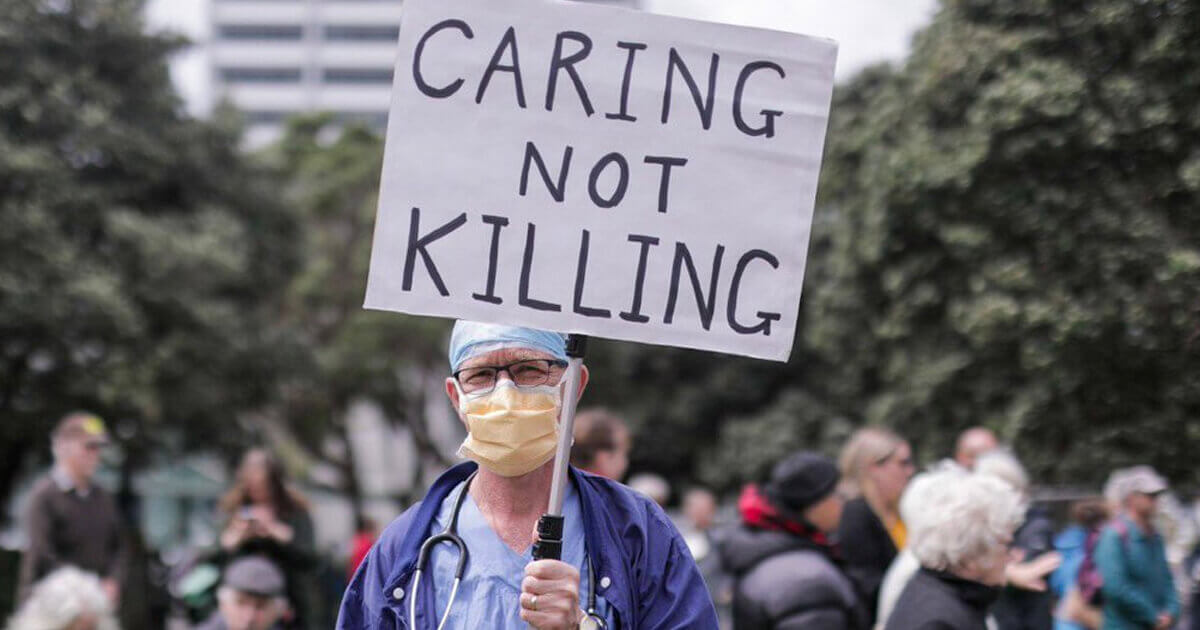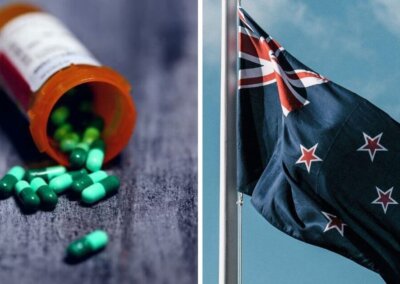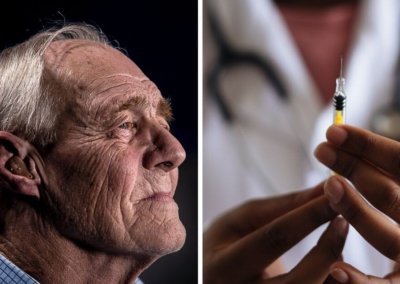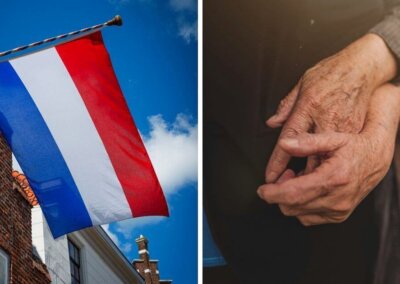New Zealand is to become the first country in the world to put euthanasia to a binding public vote after lawmakers passed a bill laying out what the country’s assisted suicide regime would be.
The bill passed narrowly on Wednesday by 69 votes to 51, ending years of parliamentary debate on the topic.
The drastic change in law will come into effect if the people of New Zealand approve it in a referendum at the country’s 2020 election.
The proposed change in law goes much further than the Oregon style assisted suicide legislation that has been proposed and rejected by the UK Parliament. Most recently in 2015, MPs voted by 330 votes to 118 to reject a bill that proposed to introduce an Oregon style law to the UK.
There has been very vocal opposition to the proposed change in law.
A record 39,000 public submissions were made while lawmakers were considering the matter, with 90% of submitters opposed to it.
As MPs voted, campaigners carried placards stating “assist us to live not die” and “euthanasia is not the solution” outside parliament.
Claire Freeman, who was involved in a car accident causing her to become tetraplegic, has spoken out forcefully against the assisted suicide.
In a short documentary, for #DefendNZ, Claire revealed that after attempting suicide more than once health professionals “encouraged [her] to explore assisted suicide”.
During her recuperation in hospital, Claire realised “being offered assisted suicide instead of suicide support was disturbing.”
She added: “I had been told ‘if I was in your position, with your disability, I wouldn’t want to live’ by the very health professionals who are there to help suicide survivors… I realised my biggest problem had been my mindset and a lack of proper support.”
Wendi Wicks, a long-time advocate for the rights of disabled people, told the Guardian that the proposed law is dangerous for everyone in New Zealand; particularly the disabled.
Outlining her concerns she said: “[The bill] doesn’t protect against coercion, competency or consent abuses. It doesn’t allow for a cooling-down period like Oregon or Victoria have. Safeguards are vague and lax. Worse still, there’s a sense that a certain level of wrongful death is acceptable.
She added: “It’s to be hoped that the population at large can do a sound job, but that depends on the quality and range of information they get. MPs had a huge range of sound, factual information. But judging from their voting record, many clearly disregarded heaps of it.”
Prime Minister Jacinda Ardern has publicly stated her support for euthanasia reform and reluctantly voted for the referendum saying it was the only way of advancing the legislation.
Following her pledge to make widespread changes to New Zealand’s abortion law, a parliamentary bill has been introduced which will in practice permit abortion up to birth for babies prenatally diagnosed with the Down’s syndrome. It has prompted widespread concern from parents about the harmful impact this Bill will have on people with Down’s syndrome.
Two previous attempts to allow for legal assisted suicide in New Zealand have failed to get through Parliament.











